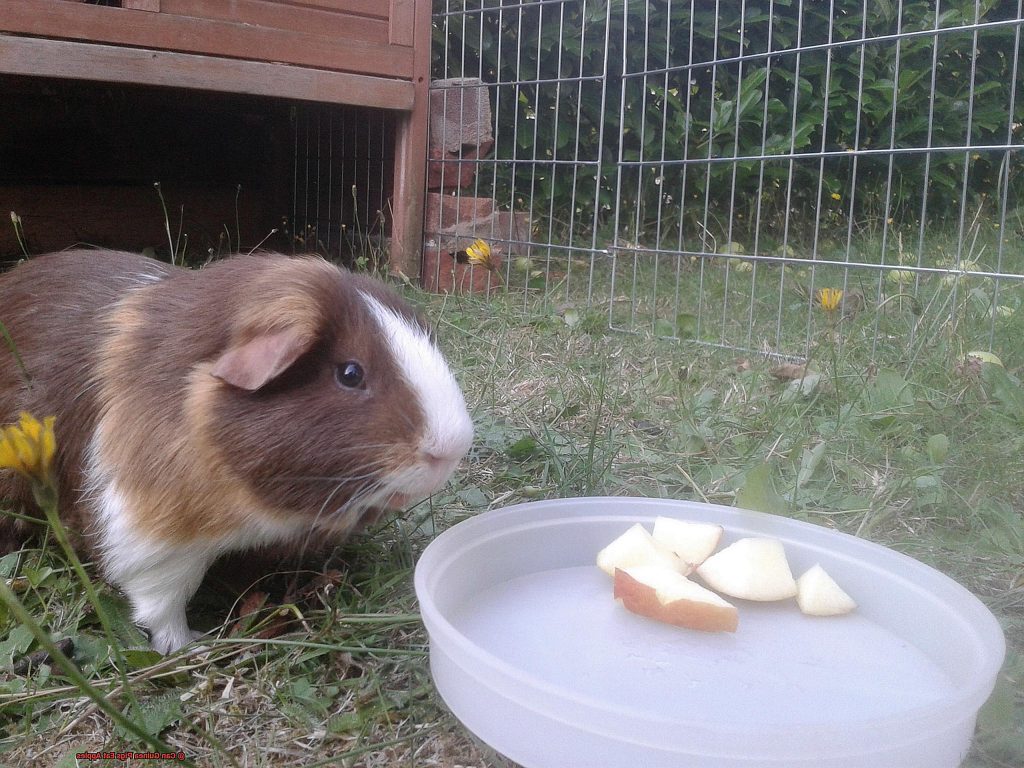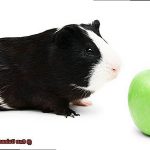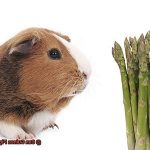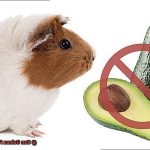Are you considering giving your guinea pig a sweet and crunchy treat?
Apples may seem like the perfect choice, but are they safe for your furry companion? As a responsible pet owner, it’s important to ensure that your guinea pig’s diet is well-balanced, consisting mainly of hay and vegetables.
However, occasional treats can help keep your guinea pig happy and healthy. In this blog post, we’ll answer the question “can guinea pigs eat apples?”
We’ll explore the nutritional value of apples and how they can benefit your guinea pig’s health. We’ll also discuss portion sizes, frequency, and preparation methods to ensure that your guinea pig enjoys its treat safely.
Additionally, we’ll highlight potential health risks associated with feeding apples to your guinea pig. Before we dive into the details, let’s start with a fun fact about these adorable pets: did you know that guinea pigs squeak with delight when given a treat?
It’s true. So why not make your furry friend happy by offering them an apple?
But first, let’s find out if apples are the right snack for your squeaking companion.
Nutritional Benefits of Apples for Guinea Pigs
Contents
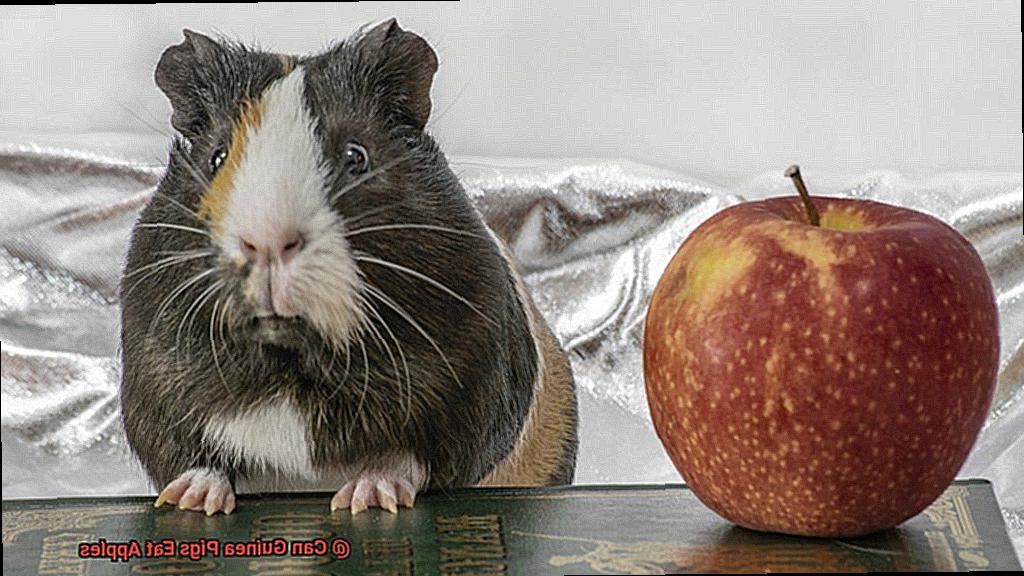
Luckily, apples are an excellent addition to your guinea pig’s dietary plan, offering a wide variety of health benefits.
These juicy fruits are low in fat and high in fiber, making them an ideal snack for your pet. Apples contain numerous essential vitamins and minerals like vitamins A and C, potassium, and calcium.
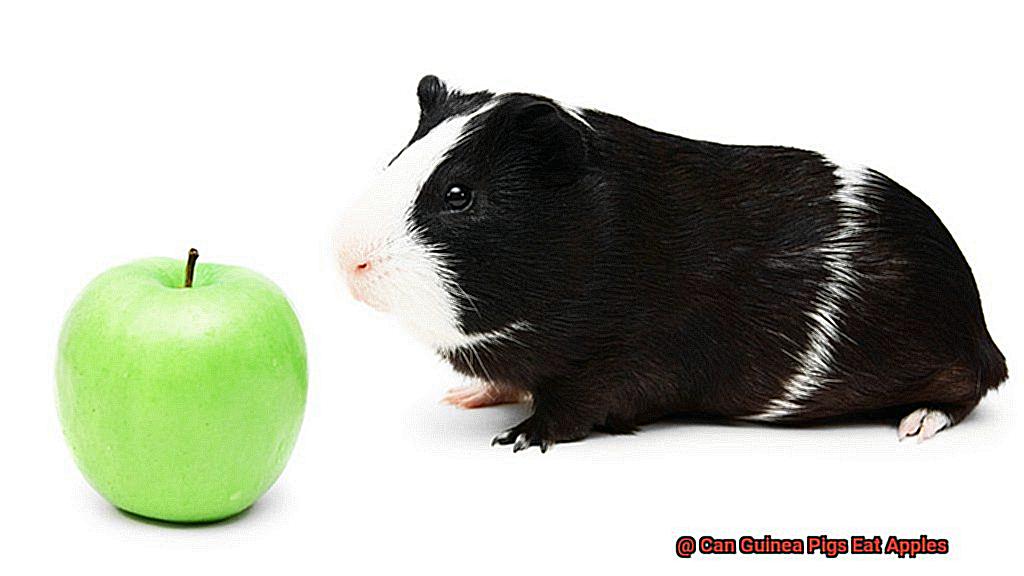
Vitamin C is especially crucial for guinea pigs because they cannot produce it on their own. This vitamin promotes healthy skin, bones, and blood vessels while preventing scurvy, which can cause joint pain, bleeding gums, and even death in severe cases.
But that’s not all. Apples are also rich in antioxidants such as quercetin, catechin, and phloridzin that can safeguard your precious pet’s cells from damage caused by free radicals.
These unstable molecules can cause cell damage and contribute to disease. Before feeding apples to your guinea pig, make sure to remove the seeds and core.
Apple seeds contain trace amounts of cyanide that can be hazardous to your pet in large quantities. Additionally, wash the skin thoroughly to eliminate any pesticides or chemicals.
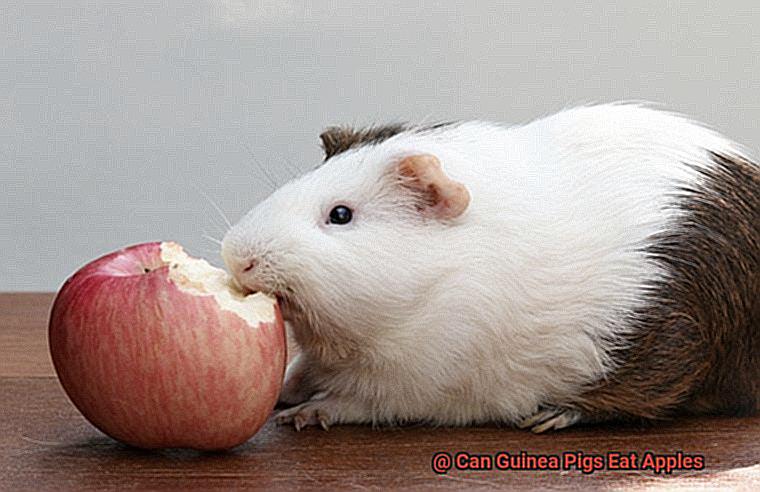
Remember that apples should not be the only fruit available to your guinea pig. To ensure they receive all the vitamins they need, it’s essential to provide a diverse range of fresh fruits and vegetables.
And as with any new food introduced to your guinea pig’s diet, keep a close eye on their reactions for any signs of digestive upset or allergic reactions. So go ahead and indulge your furry friend with some scrumptious apple slices.
Just make sure to prepare them properly and serve them moderately as part of a balanced diet.
What Parts of an Apple Are Safe for Guinea Pigs to Eat?
And while apples can be a tasty snack for your guinea pig, it’s essential to understand which parts of an apple are safe for them to eat.
The good news is that the flesh or pulp of an apple is safe for guinea pigs. However, it’s crucial to remove the skin and seeds before feeding them to your pet.
Guinea pigs may have trouble digesting apple skin, and apple seeds contain amygdalin, which can break down into cyanide when digested, posing a severe risk to your furry friend’s health. Although apples are a nutritious snack for guinea pigs, they should only be given in moderation.
Your guinea pig’s diet should consist mainly of hay and fresh vegetables like cucumbers, bell peppers, and leafy greens. Apples should be given as an occasional treat rather than a regular part of their diet.
It’s also essential to monitor your guinea pig for any adverse reactions or digestive issues when introducing new foods into their diet. Gradually incorporating new foods is crucial to avoid upsetting their stomach.
Remember to give them in moderation and as part of a balanced diet that consists mainly of hay and fresh vegetables.
How Much Apple Should I Feed My Guinea Pig?
However, before you proceed to feed your guinea pig an entire apple, here are a few essential things you should know.
First and foremost, moderation is key when it comes to feeding apples to your guinea pig. Although apples are nutritious and tasty, they should not be a substantial part of their diet.
Experts recommend limiting their apple intake to no more than a quarter of an apple slice per day. This helps prevent overconsumption of sugar and ensures that your guinea pig gets a balanced diet that includes plenty of hay, fresh vegetables, and a small amount of pellets.
It’s important to give your guinea pig small pieces of apple that are easy to chew and digest. Large chunks can pose a choking hazard or cause digestive issues.
Additionally, it’s crucial to wash the apple thoroughly before serving it to your guinea pig to remove any pesticides or dirt. If your guinea pig has never had apple before, it’s best to introduce it slowly and in small quantities.
This allows their digestive system to adjust gradually, minimizing the risk of stomach upset or diarrhea. If you notice any unusual behavior or health issues after feeding your guinea pig apple, don’t hesitate to consult with your veterinarian.
Remember, while apples can be a healthy and enjoyable snack for your guinea pig, they should be given in moderation as part of a balanced diet that includes hay, fresh veggies, and pellets.
Preparing Apples for Your Guinea Pig
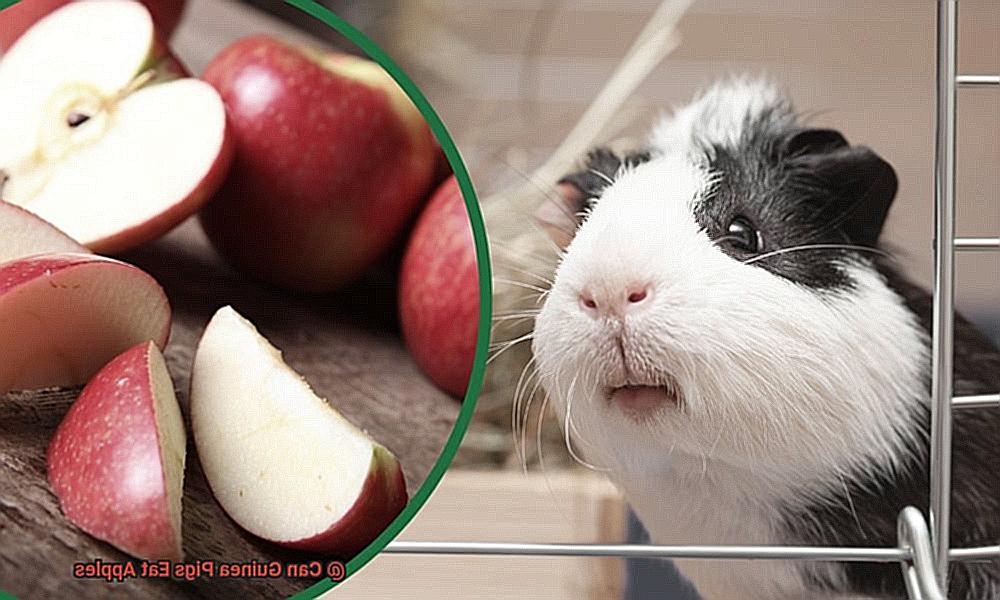
Before you hand it over, it’s important to know how to prepare it for your guinea pig’s consumption. First things first, give that apple a good wash. You never know what kind of pesticides or dirt may be lingering on its surface.
Just like with any produce, make sure to give it a thorough rinse with water. Next up, it’s time to start chopping.
Cutting the apple into small, bite-sized pieces not only makes it easier for your guinea pig to chew and digest, but it also ensures they can enjoy a larger portion of the fruit. But don’t forget to remove the core and seeds.
These parts can be harmful to your guinea pig’s health as apple seeds contain trace amounts of cyanide which can be toxic if consumed in large quantities. So make sure to take them out before handing over the apple slices.
Now here’s where things get interesting. While some guinea pigs love munching on the skin of an apple, others may not be so keen.
If your furry friend seems hesitant to eat the skin, it’s best to remove it before offering the apple slices. After all, you don’t want them missing out on the juicy flesh just because of a bit of skin.
Other Fruits and Vegetables Safe for Guinea Pigs to Eat
A varied diet is crucial for our furry friends’ health and happiness. While hay and pellets are the mainstays of their diet, fruits and vegetables can provide essential vitamins and minerals.
First up, bananas. These sweet treats are safe for guinea pigs to eat, but they should be given in moderation due to their high sugar content. Think of it as a weekly dessert – a small slice or two will suffice.
Next on the list are grapes. While these scrumptious fruits are safe for guinea pigs, they should also be given in moderation due to their high sugar content.
Keep your furry friend happy with just a few grapes per week. Cucumbers are another popular option for guinea pigs.
They are low in sugar and high in water content, making them an excellent daily snack for your pet. Plus, who doesn’t love a refreshing crunch on a hot summer day?
However, there are some things to avoid when feeding your guinea pig. Apple seeds contain cyanide and can be harmful to them, so make sure to remove them before offering apple slices.
Potatoes are also not recommended as they are high in starch and can cause digestive issues. While broccoli is safe for guinea pigs to eat, it should be given in moderation as overfeeding can result in gas and bloating.
Oranges are also safe for guinea pigs to eat, but remember that moderation is key due to their high sugar content. A tiny slice or two per week will suffice.
To avoid any digestive issues, always introduce new foods slowly and in small portions.
Signs of Illness in Guinea Pigs After Eating Apples
Providing a nutritious and varied diet is essential for the wellbeing of your furry friend.
Introducing new foods slowly and in small amounts helps avoid digestive issues, and this holds true for apples too. While these fruits are generally safe for guinea pigs to eat, overindulging can cause health problems such as bloating, diarrhea, and even dental issues.
So, how can you tell if your guinea pig is suffering after munching on apple slices? Firstly, watch out for signs of diarrhea.
Loose or watery stools may indicate that your furry friend has consumed too much sugar or fiber, upsetting their digestive system. Secondly, keep an eye out for bloating: apples contain high levels of natural sugars that can cause bloating and gas in guinea pigs if eaten excessively.
A swollen stomach or difficulty passing gas may indicate bloating. In addition to digestive issues, overeating apples can also lead to dental problems such as cavities or overgrown teeth.
While apples are naturally crunchy and chewy, an excess of sugar can have detrimental effects on your guinea pig’s dental health. Finally, lethargy or unusual exhaustion after eating apples may indicate an underlying health condition.
If you notice any significant changes in your furry friend’s behavior, consult a veterinarian promptly.
MIAd11OiEuM” >
Conclusion
In conclusion, guinea pigs can indulge in the sweet and juicy goodness of apples, but as with any food, moderation is key.
A well-balanced diet that includes hay and fresh vegetables should always be the foundation of your furry friend’s meals. Apples are a fantastic addition to your guinea pig’s diet because they’re low in calories and packed with fiber.
Not only do they provide a satisfying crunch, but they also contain essential vitamins and minerals such as vitamins A and C, potassium, calcium, and antioxidants that can support your guinea pig’s health. However, before you hand over an apple slice to your furry friend, there are some precautions you need to take.
Always remove the seeds and core from the apple as they contain trace amounts of cyanide that can be harmful to your guinea pig. Additionally, wash the skin thoroughly to eliminate any pesticides or chemicals from the system.
When introducing new foods into their diet, it’s essential to monitor your guinea pig for any adverse reactions or digestive problems. Gradually introduce new foods into their diet to prevent stomach upsets.
While apples are a great treat option for your guinea pig, other healthy fruits and vegetables include bananas, grapes, cucumbers, oranges (in moderation), and leafy greens. However, avoid feeding them potatoes as they’re high in starch and can cause digestive issues.
If you notice any significant changes in your furry friend’s behavior after feeding them apples or any other food item, consult a veterinarian immediately.

